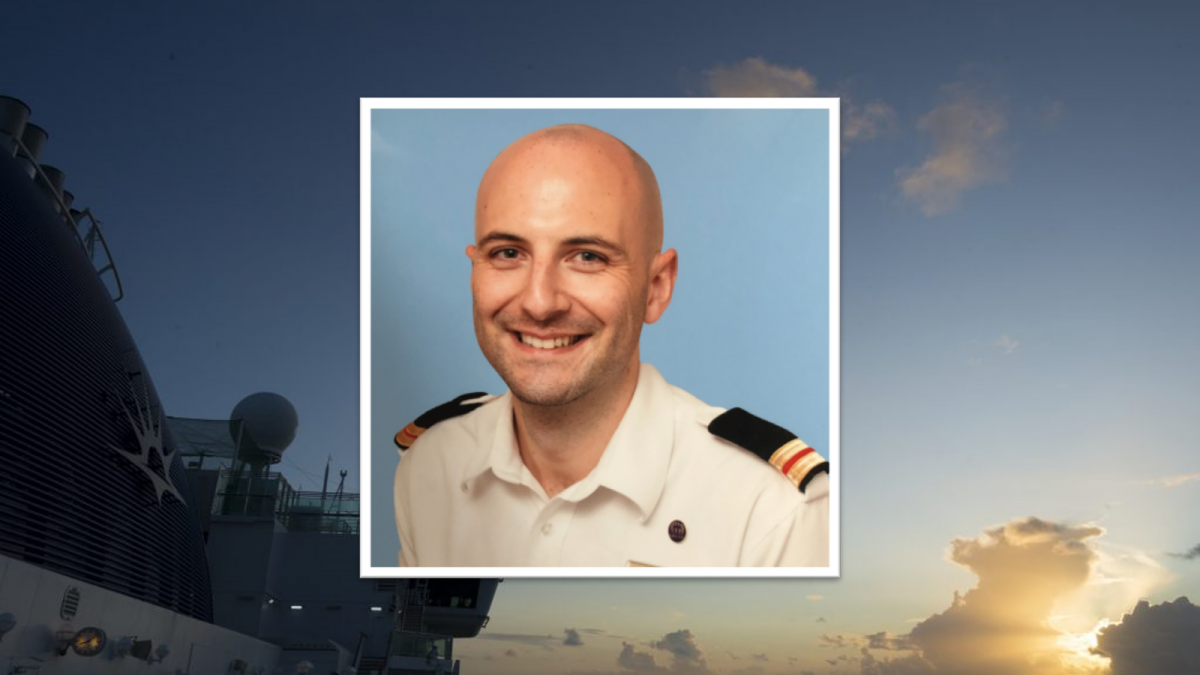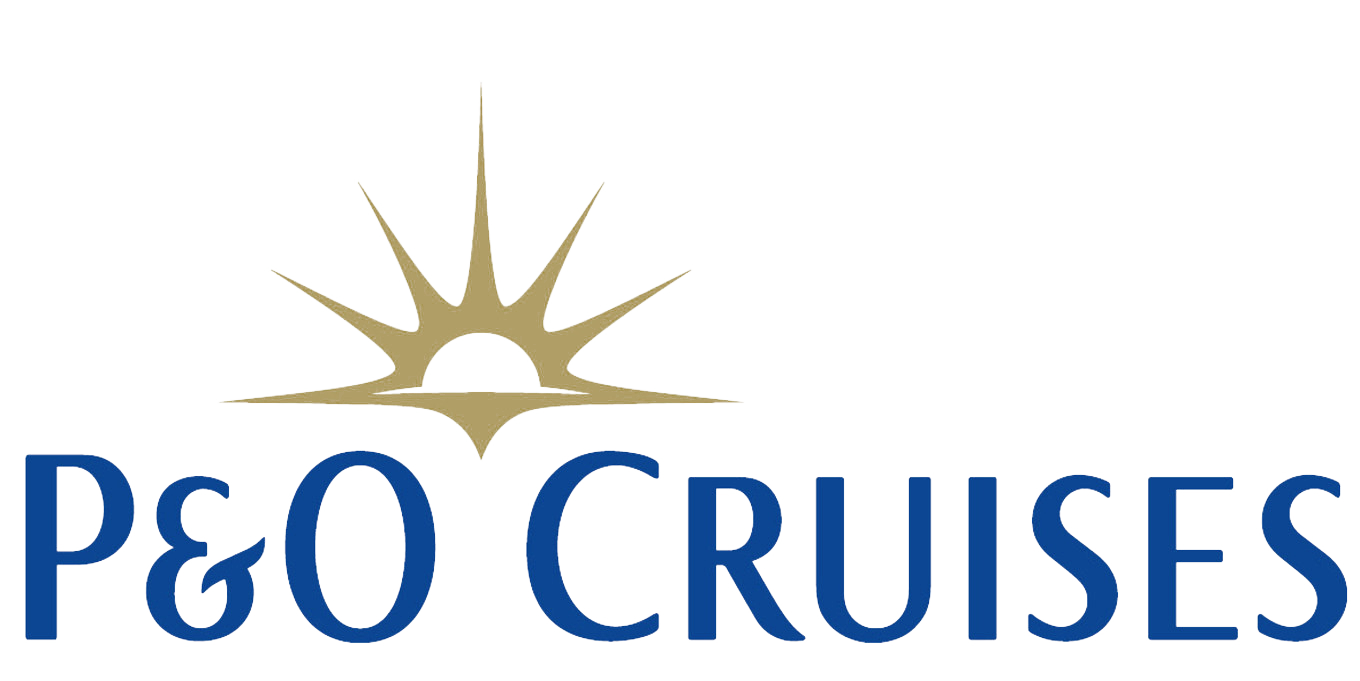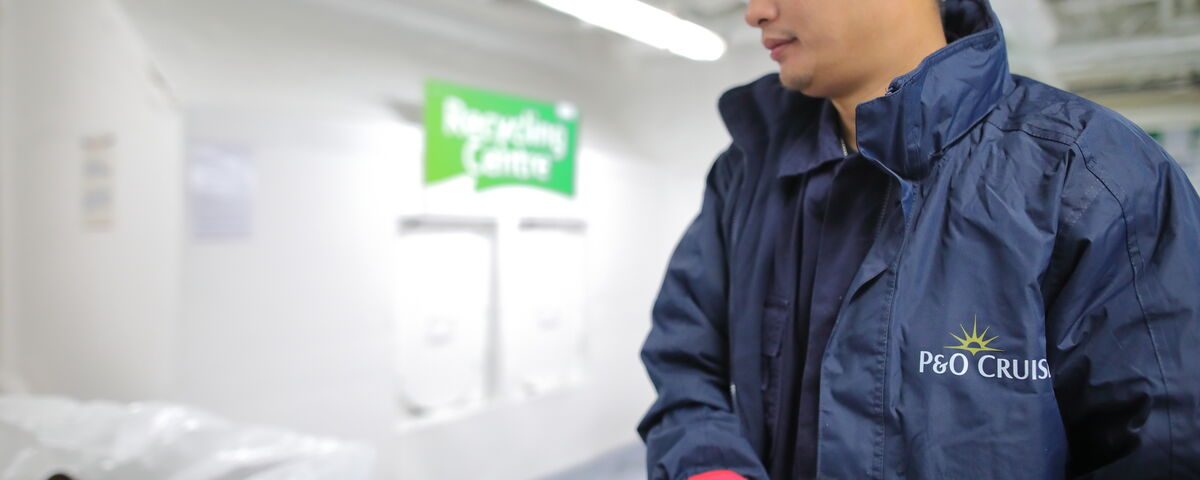Working on board as a Nursing Officer

Ryan Longthorn, one of our Senior Nursing Officers at Carnival UK, joined us from A&E. Below, he talks about life on board our ships as a Nursing Officer.
What made you decide to work as a cruise ship nurse?
I have always loved the thought of travelling and wanted to use my career to take advantage of this passion.
What was the recruitment process like for you?
Shortly after i applied for the role I had a telephone interview. I was then invited to an interview day a few weeks later in Carnival House. This consisted of a written exam, a group discussion and an individual interview.
After finding out that I had been successful, I completed all the compliance requirements and joined my first ship in Barcelona. Throughout the whole process, somebody from recruitment kept in touch with me regularly to assist in completing the onboard requirements including visa applications and training.
What are the medical facilities like on board?
We have excellent medical facilities. We have a number of machines in our laboratories to process blood tests including haematology, biochemistry, cardiac panels and arterial blood gases, alongside a number of investigations to test for specific conditions. There’s also dedicated wards set up so we’re able to provide first-class care.
Do you get off the ship much?
If we are not on-call, we are able to get off the ship once clinic has finished. Before the Covid-19 pandemic, we would be able to get off the ship in most ports as we would work a day shift and a night shift every 4 or 5 days.
What do you get up to when you are not on-call?
If we’re in port, and when clinic times allow, i’ll try and get off the ship. There’s also a seafarer’s welfare committee on board who organise events for colleagues. As a Nursing Officer we also have deck privileges, so we can go and enjoy guest restaurants and venues.
What is the most interesting case you’ve had to deal with on board?
A patient required a blood transfusion. It was a fascinating situation where healthy guests donated blood to the patient until we could get to a shoreside facility.
What is your fondest memory of working on board?
The best part about working onboard is the number of people you get to meet. Ships are a community and you quickly meet friends for life who work in all different departments onboard.
Are there progression opportunities?
Absolutely! Once all professional development grades have been achieved as a nursing officer, you can apply to become a senior nurse. This would usually be after a year as a nursing officer in order to develop maritime knowledge and skills required for the role.
If you would like to become part of the Medical Team, contact us to attend our Introduction to Cruise Ship Medicine event, or register your interest to become a Ship Doctor or Nursing Officer today.





